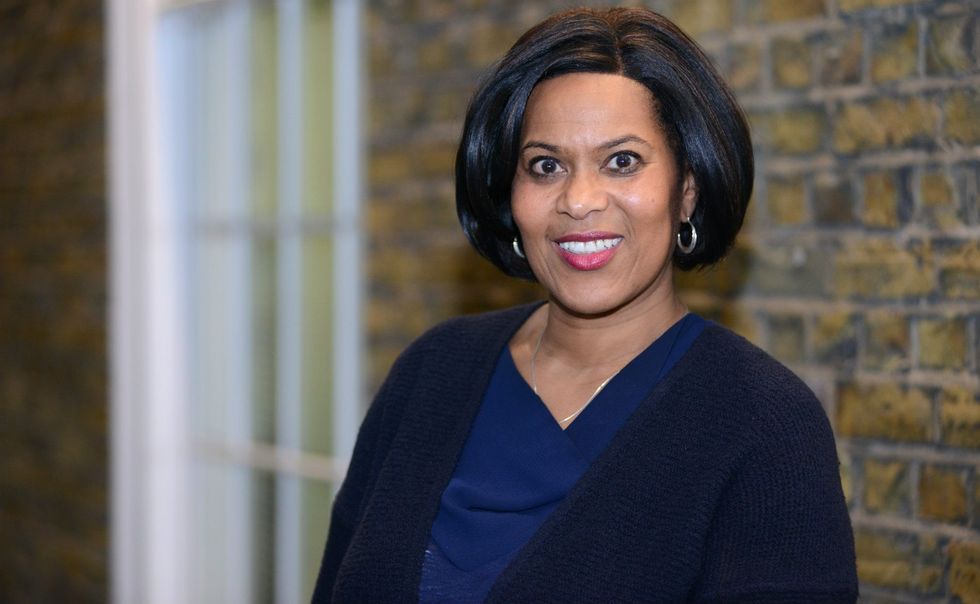I CAME to this country from Guyana in 1963. I was five years-old and it took two weeks on a ship to get here.
I came here with my aunty Babs (Barbara Dettering) who is one of the Saints of Bristol. If you go to Bristol, you will see my aunty Babs’ painting on the wall. She spent most of her life working with children as both a teacher and social worker. She helped them to overcome prejudice and would work with them to help them achieve their own dreams. I am so so proud of her.

My mother came here in 1959, and left me when I was just one year-old. She became an auxiliary nurse in Frenchay Hospital in Bristol. The reason I wanted to be a nurse was because my mother was a nurse and I saw what she did and how she did it. The compassion she had for people regardless of who they were.
That Windrush generation that I am so proud of being a part of, every single person that came to this country, you’re in my heart. You came here and worked so hard. I can talk to you about the ‘no dogs, no blacks, no Irish’, things that I saw and went through to be able to get to where I am today.
As we celebrate the 75th year of the NHS, we must also celebrate those brave Caribbean pioneers that came to work here and helped to make the NHS the best-loved institution in the UK.
My hope is that the unconditional love and respect for this country and its institutions the Windrush generation showed in coming here is finally returned tenfold to the descendants in how they are appreciated, acknowledged and treated in future.
I love every single person in the NHS, every single person from the Windrush generation who supported me, encouraged me and enabled me to be the woman that I am today. Thank you so much.
Yvonne Coghill is director – workforce race equality standard (WRES) implementation in NHS England, and deputy president of the Royal College of Nursing (RCN)




Why the Windrush generation deserves appreciation
As we celebrate the 75th year of the NHS, we must also celebrate those brave Caribbean pioneers that came to work here, writes Yvonne Voghill